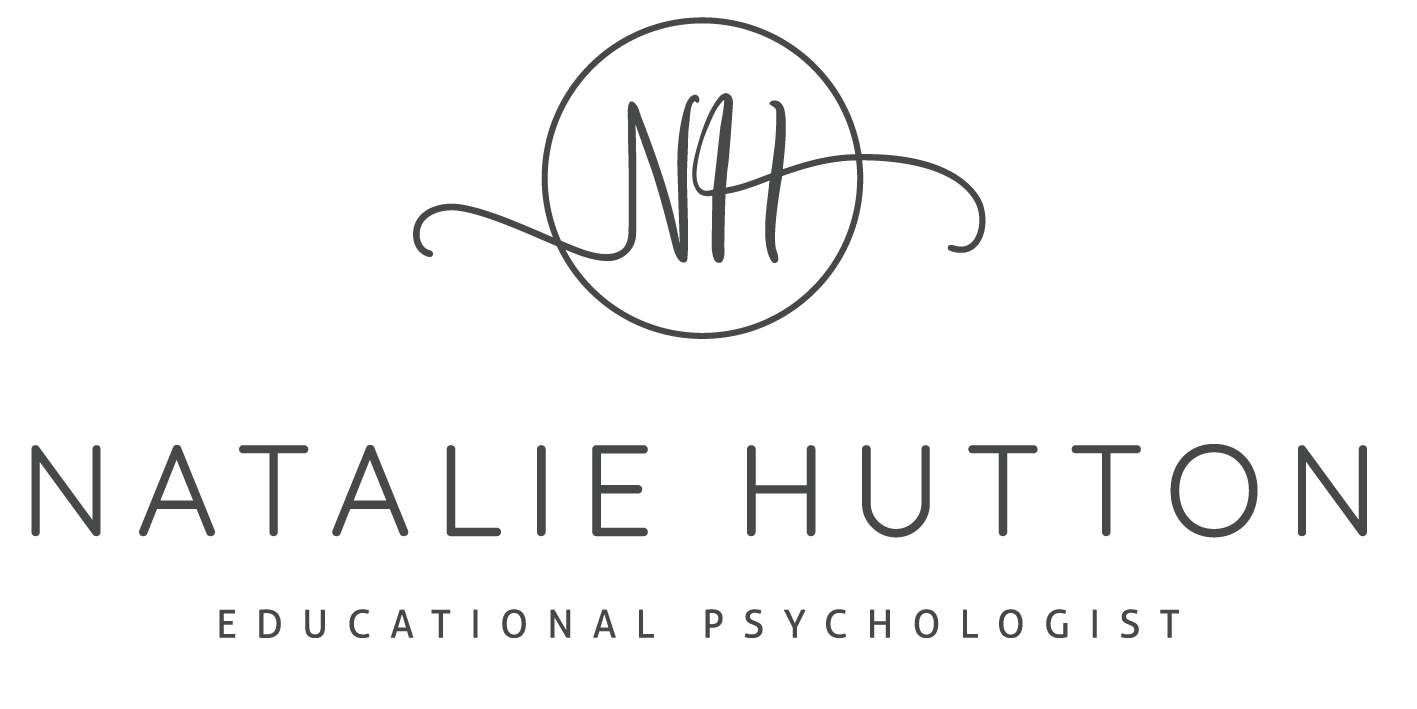What are concessions?
Concessions, or also known as accommodations, are a brilliant resource for students with barriers, to help level the playing fields at school. A concession is a support tool that enables a student to perform closer to their potential in tests and examinations. Examples of concessions include a reader, for instance, where the examination is read to them, or played to them digitally via a headset. Other examples of concessions include a scribe, the use of a computer, spelling and additional time. There are many different types of concessions, aimed at the various barriers.
In order to apply for concession (see a previous post here), a full educational assessment has to be done. For students in government schools, this includes a full educational assessment with an educational psychologist, who then recommends the necessary accommodations. A thorough assessment is required for both private school students and those in government high schools. Once the report is received, it is then included in an extensive application through the student's high school.
Below are some FAQ that might help you in deciding where and when to do an IEB assessment.
How do I know if my child needs concessions?
Your child's teacher will most likely identify the need for a concession/s, based on his/her exam results and classroom performance. Teachers usually identify students who would benefit from concessions and then approach parents to consider applying for accommodations.
Who qualifies for concessions?
Students with learning barriers (e.g. ADHD), physical barriers (e.g. visual impairment) or medical conditions are well suited to apply for concessions. Concessions are not aimed to push students ahead of others, but rather to make the playing fields level.
When should I send my child for this assessment?
Students can apply for concessions between grade 7 and their grade 11 year. For the IEB, the deadline is October of their grade 11 year. Late applications cost more as there is a penalty fee applied by the IEB.
Are previous assessments necessary?
No - but they are useful in building a case for academic support. If you have done previous assessments, providing the assessing psychologist with access to those assessment reports is very helpful.
Will my child get the concessions we apply for?
Not necessarily. The IEB conduct an independent review of each application in order to either grant or deny concessions. It is the same for the government schools with the Department of Education.
How much does the assessment cost?
Every psychologist charges their own rates and it is best to enquire with them what the cost is and what it entails. Be sure to ask if all the testing is covered in their fee, or if additional testing with an educational specialist is required to complete the battery.
How long does it take to find out if my child was granted the concessions?
The time frame is variable but can take up to 3 months. Earlier applications are advised (before grade 11 is preferable).
Do we have to wait until matric for the concessions to be implemented?
No - once granted they can be implemented for all tests and examinations.
What do I need to do if I think my child would benefit from concessions?
Contact your child's teacher to discuss this. If the school is in agreement, book an appointment with an educational psychologist who does accommodation testing in your area. Working with the school is vital.
What happens after the assessment is complete?
Once the assessment is complete and you have received feedback, the psychologist will submit the report to the school, who then submits the application in full on your behalf. The school then gets feedback as to whether or not your child receieved the accommodations. Thereafter, it is implemented at school in preparation for matric.
I hope you found that helpful. If you have any questions please don't hesitate to contact me directly at nkhprac@gmail.com

